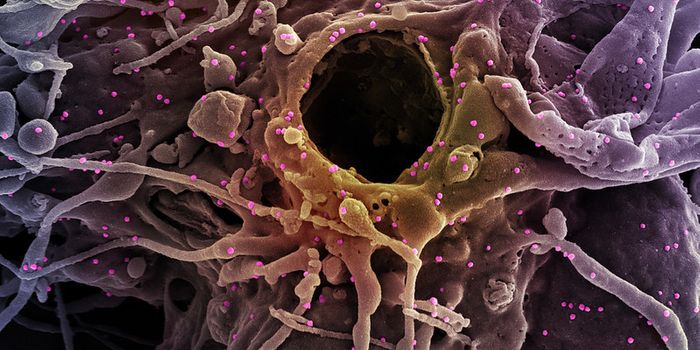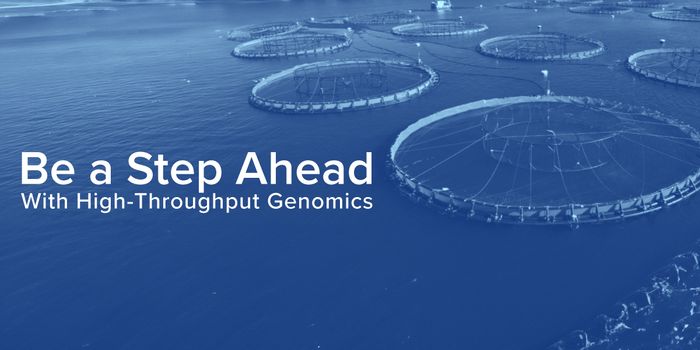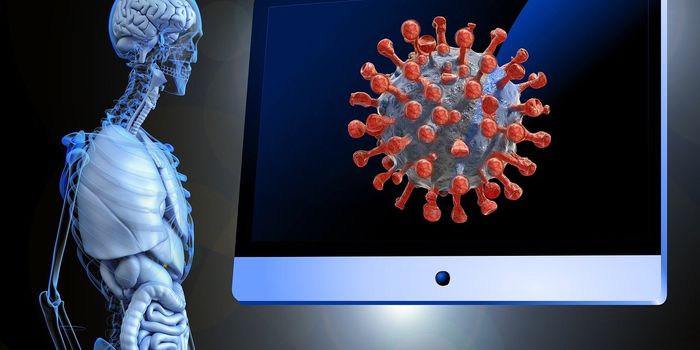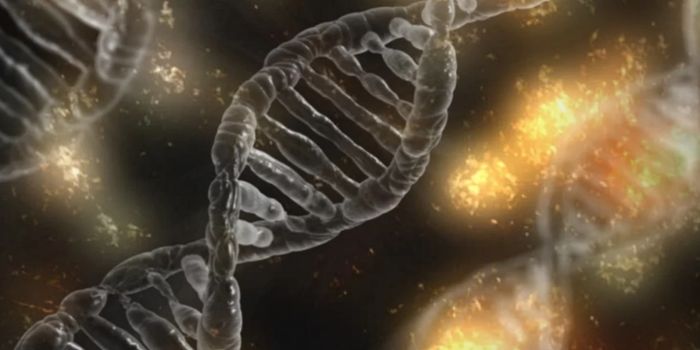Too Much Food may Disrupt the Microbiome and Lead to Illness
As genetic technologies advanced, researchers began to assess the microbial community living in the gastrointestinal tract of people and animals. That gut microbiome turned out to have a powerful effect on the health and well-being of its host. It’s been shown that low levels of diversity among the microbes there can have a detrimental effect on health; that may be caused by antibiotic use or other environmental factors. Colonization of the microbiome with unfriendly microbes or the genome of the host can also have an influence. But these factors don’t fully explain the causes and impacts of an unhealthy microbiome.
Scientists at the Collaborative Research Centre (CRC) 1182 "Origin and Function of Metaorganisms" at Kiel University (CAU), outlined in the video, have come up with a new hypothesis. They suggest that when bacteria are exposed to too much food and are oversupplied with nutrients, they decouple from their hosts, interfering with the balance in the microbiome, which can cause the microbes to promote disease. The work has been reported in mBio.
The Kiel researchers knew that coral living in the ocean have a symbiotic relationship with bacteria. Many environmental influences, like overfishing or climate change, can impact that relationship. An overabundance of food can also wreak havoc; when there is a lot of food around, the bacteria decouple from the coral and cease to feed using the coral’s metabolic products. They start using the available nutrients in the water instead. The bacterial symbiont leaves the coral, leading to coral disease.
"In this connection between nutrient availability and the balance of bacteria-host relationships, we see a universal principle which goes way beyond the very specific example of corals," explained the first author of the study Dr. Tim Lachnit, a research associate at the CRC 1182. "In studies of our model organism, the freshwater polyp Hydra, we were able to experimentally confirm this connection," added Lachnit.
The model organism used in the work, the freshwater polyp Hydra began to show symptoms of disease once they were oversupplied with food. The researchers believe that these models translate to the human microbiome, though that remains to be confirmed.
Society’s eating habits have changed dramatically and have shifted toward a diet low in fiber and high in fat and calories in recent decades. Most people in the industrialized world also regularly get enough to eat and don’t go through periods of limited food supplies or fasting as many people would have before the industrial era. This excess of nutrients that are easily processed has not only had a direct negative effect on human health, it’s also damaging to the microbiome, leading to indirect impacts as well. Instead of using host metabolites for food, the bacteria goes for the available nutrients.
"This over-feeding of the bacteria promotes their growth as a whole, and certain species of bacteria proliferate to the detriment of other members of the microbiome in an increased and uncontrolled manner," noted Professor Thomas Bosch, CRC 1182 spokesperson.
"Thus, along with the change in the composition of the bacterial colonization, the interactions between bacteria and host organism also change, and a serious maladaptation - known as dysbiosis - occurs," explained Dr. Peter Deines, a research associate at Kiel.
If the findings hold true for the human microbiome, it can help offer new insight into ways to restore a disrupted microbiome.
"An interesting question will be whether the original evolutionary processes which ensure the balance of the microbiome also have therapeutic potential," said Lachnit. "In the future, we will, for example, not only consider the known health benefits of fasting, but also its effects on the composition and function of the microbiome, and thus on the development of inflammatory diseases."
Sources: AAAS/Eurekalert! via Kiel University, mBio









